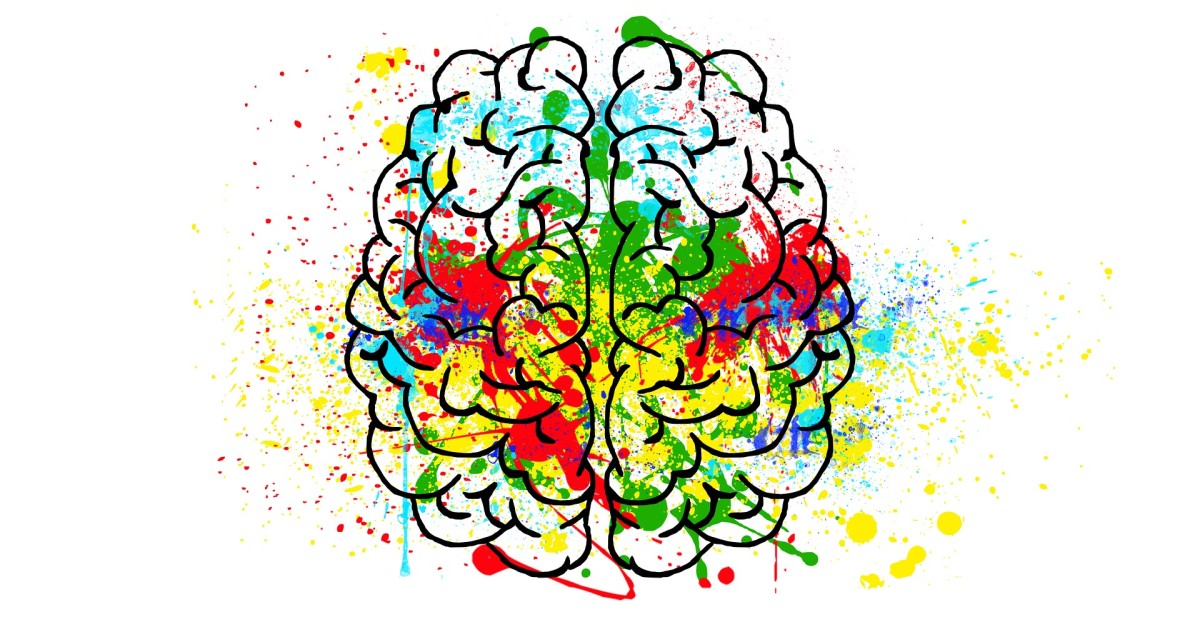Clinical Psychology

History and Evolution
Clinical psychology is probably the largest and the most practiced specialty within the field of psychology. Clinical psychology has a primary focus on the assessment, diagnosis, treatment and prevention of mental disorders.
Important contributions were made during the 1800’s and early 1900’s that serve as the birth of clinical psychology. A number of philosophers either intentionally or un-intentionally stumbled upon data that became relevant to this field of study. Greek philosophers like Plato, Soccrates, Hippocrates, Aritstotle believed that the body and mind coming together was a powerful influence. Greek history offered insight into the sciences at a time when early Greek philosophers caught wind of the interconnectedness of the mind and body and the control this relationship had on illness. These men each shared some belief that discontent within the soul resulted in physical and mental poor health. Hippocrates, Plato, and Aristotle saw the spirit or soul as being in charge of the body and that problems residing in the soul could result in physical illness (Plante, 2011). The Renaissance period further exemplified Greek notions with religious and supernatural rituals and witch craft. Biomedical reductionism established illness was further understood by scientific observation and experimentation as oppose to just spiritual and metaphysical beliefs (Plante, 2011).
Sir Francis’ formal study into individual differences in people influenced others like William Wundt who developed the first laboratory specifically for psychology in Germany. William James established the first lab in the United States. Methods during these periods were never shy of being crude, harsh or heinous for patients. But in 1896 Lightner Witmer formed a psychological clinic for which he gave the same name, hence clinical psychology was here.
With state of the art advancements on standards of modern medicine and neuroscience continuing to make new discoveries regarding the human brain and the connection to cognition and behavior, clinical psychology evolves its applications according to new empirical evidence. Central to this evolution has been the titanic human struggle to understand abnormal behavior in the context of the mind and the body (Plante, 2011). Contemporary clinical psychology encompasses the scientific advances of science whilst incorporating a deeper perceptive of the human consciousness, and the spiritual nature of humanity which is covered in the framework of the evolving human condition. Research and practice combine to offer continued development to patient care, the relationship between the two is an essential component to its evolving nature. One of the riddles between clinical psychology and research is the clinician's best effort to mold treatment to meet the needs of individual patients when such individuality has no absolute practice supported by empirical research. If not for the needs of psychological tests which in turn created further need for mental health professionals after WWI and WWII, clinical psychology may not have taken off in the manner it did.
Most people think that clinical psychologists do nothing more than ask a bunch of questions, talk to people one on one or in group settings, and measuring physical and mental aptitudes. While for some clinical psychologists this may seem true others may disagree. Clinical psychology includes one very important feature, scientific research. Clinicians would not have a job if not for scientific study. Those belonging to the field that is doubtful of research and statistics don’t realize that they are using these very scientific research methods either directly or indirectly.
Research provides answers to those questions for which science continues to vigorously acquire knowledge. Research is also what gives clinical psychology an evolving spin. Statistics are the other half of the relationship giving researchers a chance to make assumptions about the data. Research is an indispensable part of clinical psychology since it enlarges therapeutic applications. Research drastically improves the quality of life for many and looks for more efficient ways to diagnose, treat, and identify with human behavior (Plante, 2011). Using the scientific method and statistically major evidence, clinical psychologists are able to develop critical thinking skills, which benefits both research and clinical settings, and gain knowledge, which precedes the ability to design effective treatments. Research is fundamental to both the science and practice of clinical psychology (Plante, 2011). Evidence substantiated by statistical significance allows clinicians to apply proven therapies and theories confidently, knowing their work is backed by the dependable and trustworthy methods of science (Plante, 2011).
There are various traditions to design experiments and research, each method having unique pros and cons. Each method tries to effectively and scientifically study important issues without bias. One of the most challenging goals in psychology is ethically studying issues that translate into practice in a clinical setting. Effective clinical psychologists keep current knowledge of research in their work with patients, knowledge without which relegates psychological practice to the common anecdote. The future will without doubt include higher technology and more thorough answers pertaining to the connection between the mind and the body and will most likely continue to integrate methods and knowledge from disciplines such as medicine, sociology, and epidemiology (Plante, 2011).
The difference between clinical psychology and other mental health professions include specific training and focus, and may require different graduate degrees. School psychologists typically have master's degrees and work in elementary, secondary, or special education programs or maintain private practice, and their primary focus is working with students and their families (Plante, 2011). Social workers such as school psychologists generally have a master's degree and offer services directly to clients in clinical settings which can include schools, hospitals, clinics, and private practices (Plante, 2011). Training for social work involves less emphasis on the biological components of illness and their influence on behavior as well as less attention paid to research. Clinical psychology more than any other discipline really and truly considers patient input regarding treatments setting it apart from other mental health professions.
Clinical social workers make up the largest sector of mental health care providers in the United States according to the National Association of Social Workers. Its evolution is thanks to the ever growing scientific advancement information in biology, chemistry, physics and technology. Without these advancements and earlier contributions from Greek philosophers and more modern scientists what is known about interrelatedness of the human mind, body, soul may not exist as knowledge, empirical or even evidence based.
References
Meyer, R. G., & Chapman, L. K. (2009). Case studies in abnormal behavior (8th ed.). Boston, MA: Pearson Education/Allyn & Bacon.
National Association of Social Workers. (April, 2013). NASW News. Retrieved from http://www.socialworkers.org/pubs/news/2013/04/social-work-public-eye.asp
Plante, T. G. (2011). Contemporary clinical psychology (3rd ed.). Hoboken, NJ: John Wiley & Sons.









